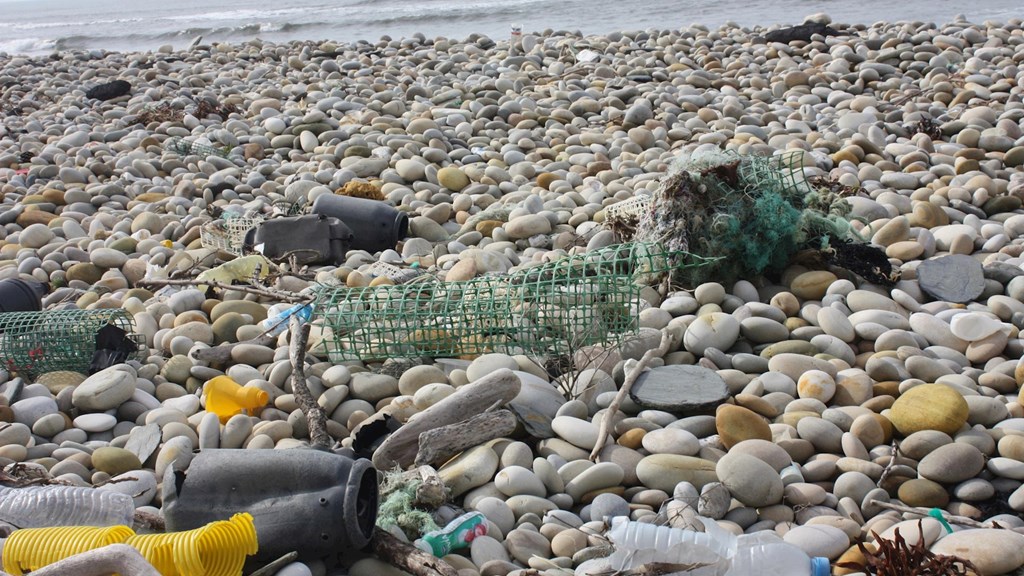E-Redes is a pilot study promoted by the Municipality of Esposende, in partnership with the Municipal Company “Esposende Ambiente”, the University of Minho and the Association of Environmental Defense - Rio Neiva. This project has a global cost of 250 thousand euros, is financed by the EEA Grants in 200 thousand euros, taking place over 18 months in the 16 kilometers of Esposende coast integrating the Natural Park of the North Coast.
This project consists of providing biodegradable nets to the local fishing community, to assess the contribution of this initiative in reducing ghost fishing and introducing synthetic plastic material into the ocean. The study involves the evaluation of the physical properties and durability of innovative monofilaments, the feasibility of manufacturing gears with them and the fishing efficiency of nets built from biodegradable materials when compared to conventional nets.
The monitoring developed under the E-Redes project will allow the assessment of the sustainability of the use of biodegradable materials, as a viable alternative to conventional synthetic nets, considering their cost and fishing efficiency and assessing the economic, environmental and social impacts.
The E-Redes project was chosen as part of the Small Grants Scheme # 1 of the EEA Grants, through which Iceland, Liechtenstein and Norway set the objectives of reducing social and economic disparities in Europe. It is intended to contribute to the increased application of the Circular Economy principles, by reducing plastics in the Oceans.
